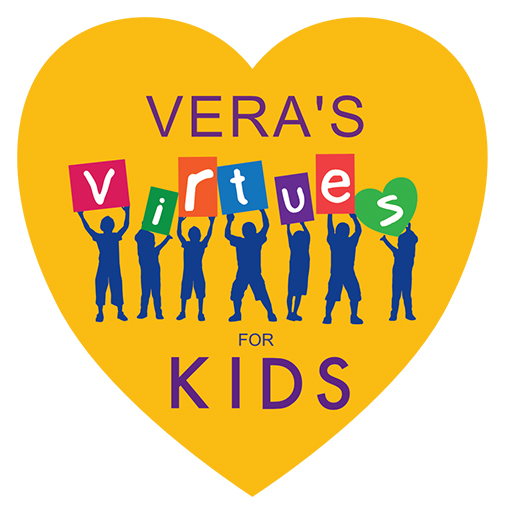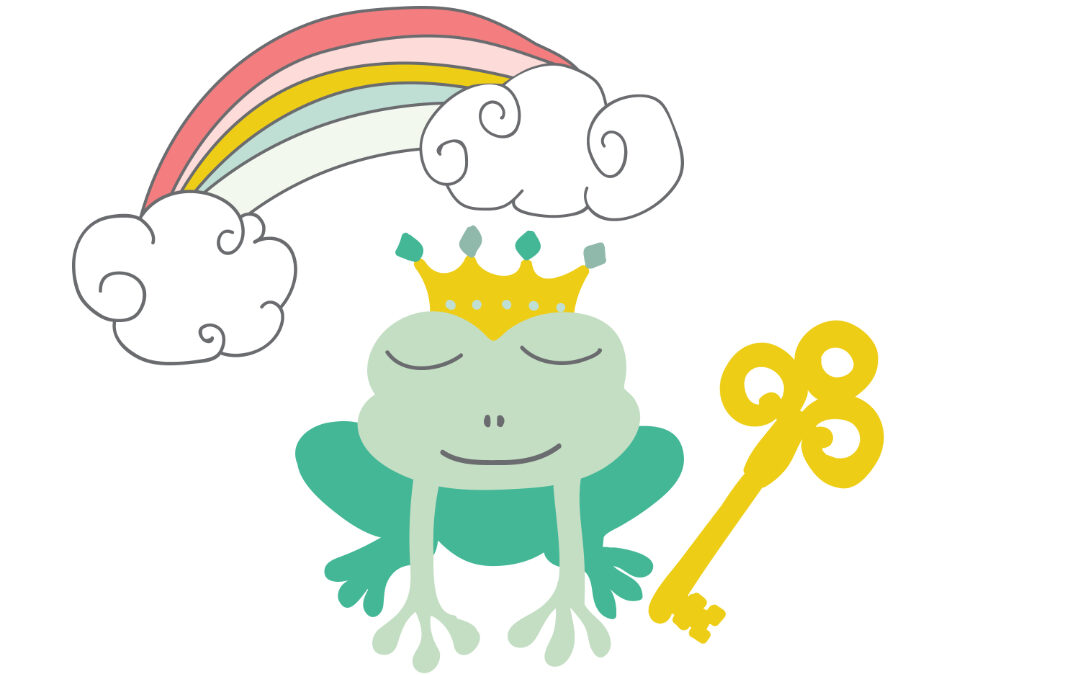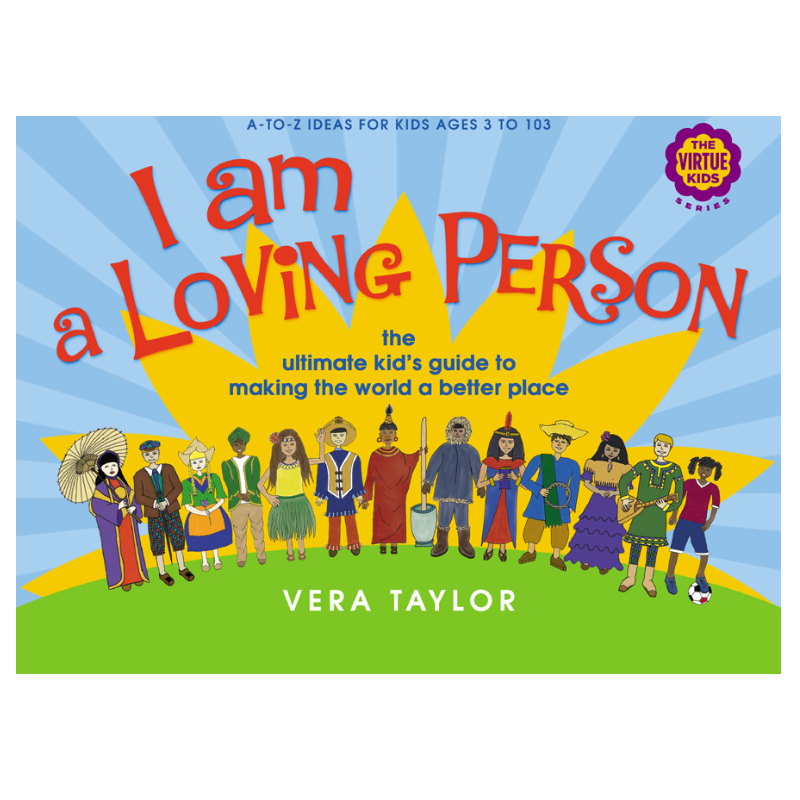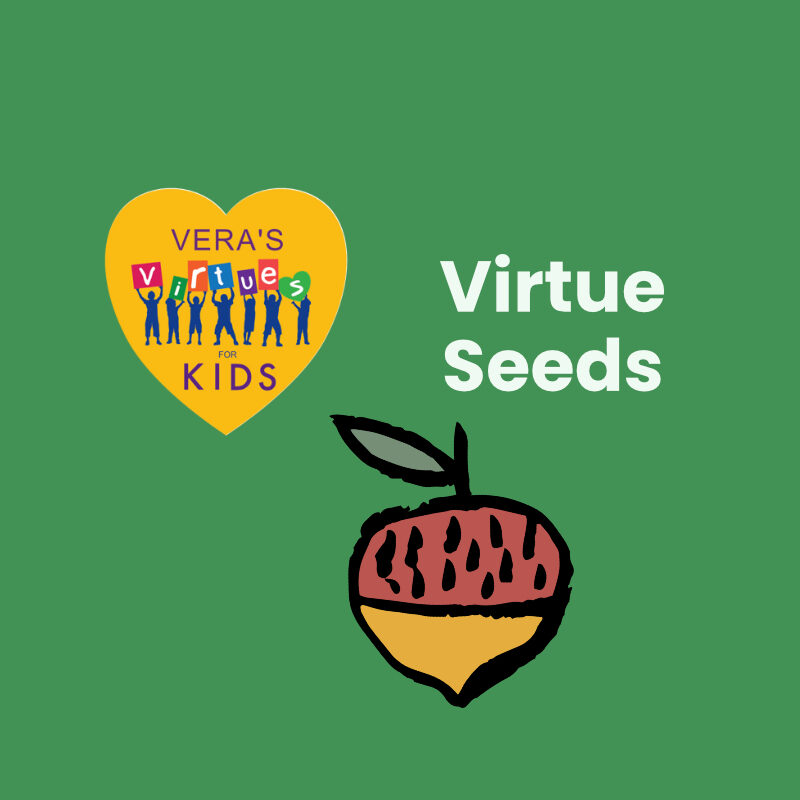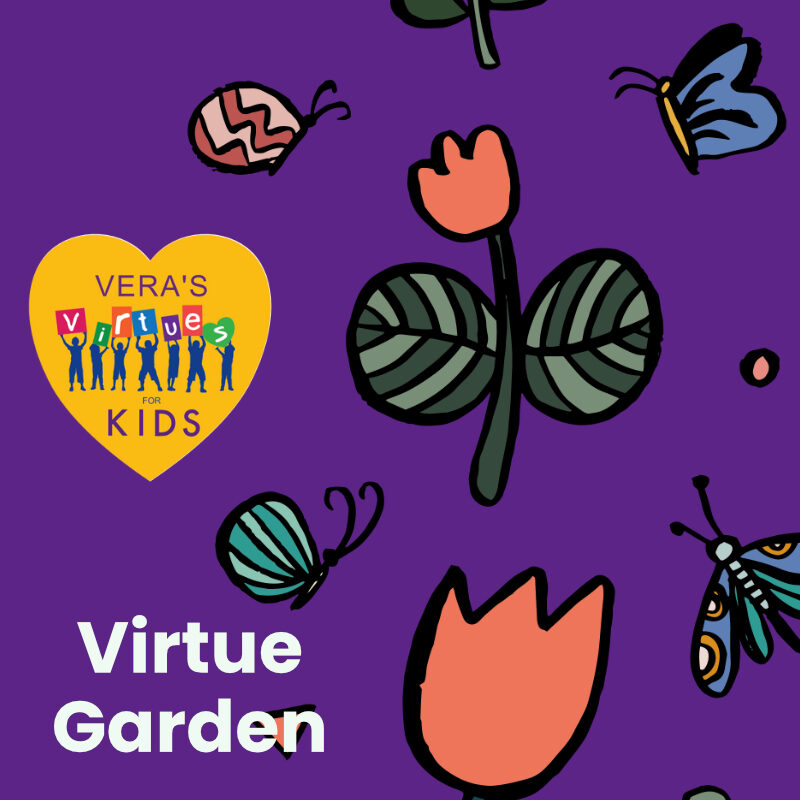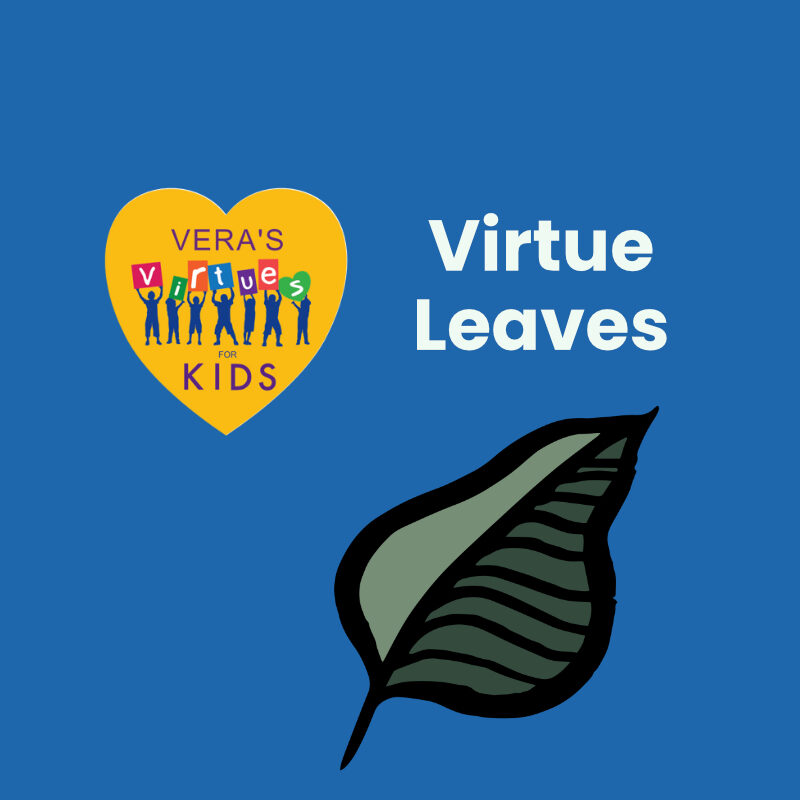Not too much. Not too little. That’s the key to moderation when you speak, eat, play, or sleep.
-Vera Smoot Taylor
Moderation is the practice of finding a balance between extremes. In the context of child development, moderation refers to the process of teaching children how to find a balance between too much and too little of something. This can be applied to a variety of areas, such as food, screen time, and activities.
Here are some tips for teaching moderation to a child:
- Start by talking to your child about the importance of moderation. Explain that it’s important to find a balance between too much and too little of something. Use age-appropriate language and examples.
- Set limits and expectations. Let your child know what you expect in terms of moderation. For example, you might set a limit on how much screen time your child is allowed each day.
- Be a role model. Children learn by watching the adults in their lives. So, it’s important to model moderation yourself. For example, if you want your child to eat healthy foods, make sure you’re eating healthy foods too.
- Be patient. It takes time for children to learn moderation. So, be patient and don’t get discouraged if they don’t get it right away.
Here are some examples of how you can teach moderation to a child in different areas:
- Food: Teach your child about the importance of eating a variety of healthy foods. Help them to understand the difference between healthy and unhealthy foods. Set limits on how much junk food your child is allowed to eat.
- Screen time: Set limits on how much screen time your child is allowed each day. Encourage your child to engage in other activities, such as playing outside, reading, or spending time with family and friends.
- Activities: Encourage your child to try a variety of activities. Help them to find activities that they enjoy and that are challenging but not too difficult.
By following these tips, you can help your child to learn moderation and develop healthy habits.
Here are some examples of kids showing moderation:
- A child who eats a balanced meal of healthy foods and treats.
- A child who watches a limited amount of screen time and spends time playing outside and reading.
- A child who tries a variety of activities and doesn’t get discouraged if they’re not good at something right away.
- A child who shares their toys and friends with others.
- A child who is kind and respectful to others, even when they’re feeling angry or frustrated.
- A child who follows the rules and expectations set by their parents or caregivers.
These are just a few examples of how kids can show moderation. By learning to moderate their behavior, kids can develop healthy habits that will benefit them throughout their lives.
